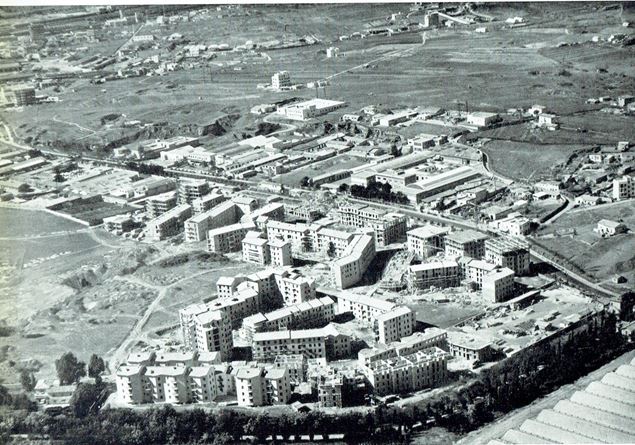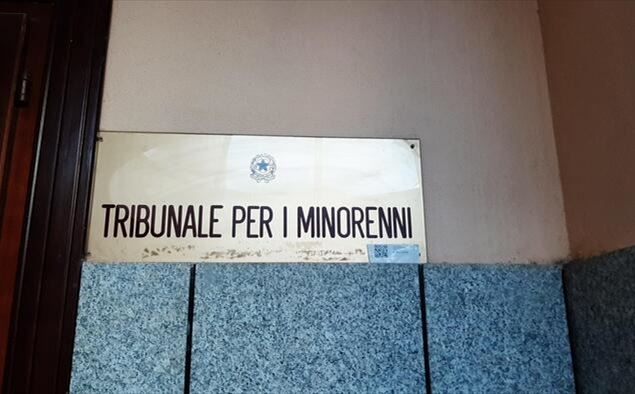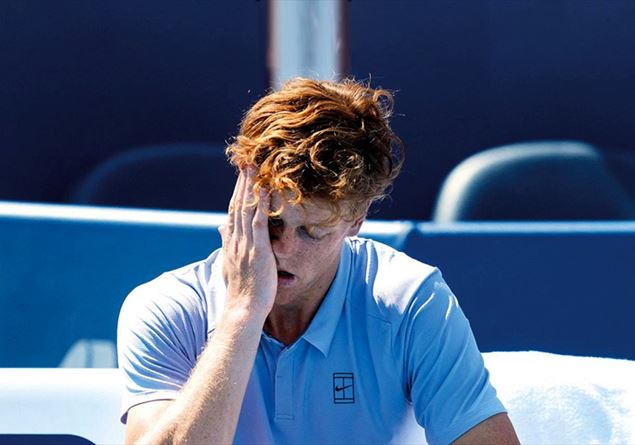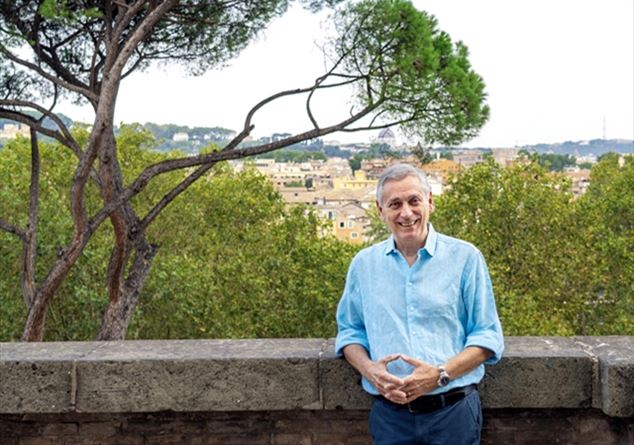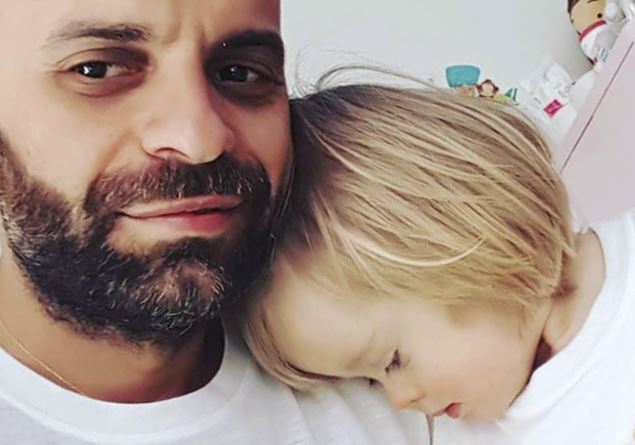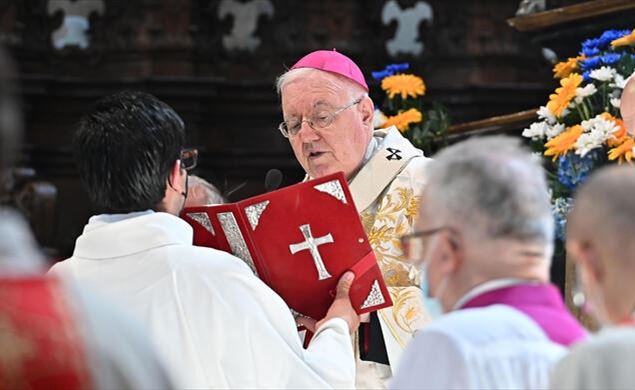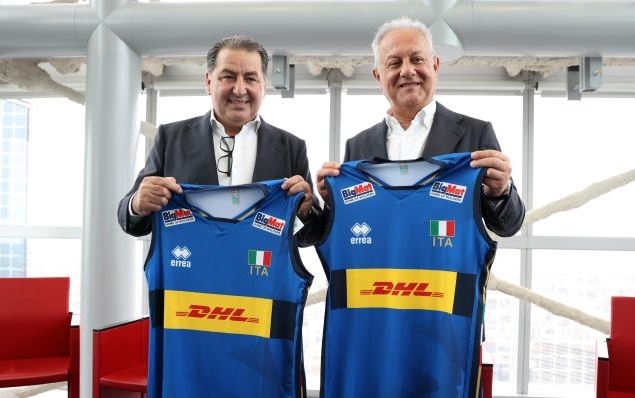«When we welcomed them in the University, we didn’t know what to expect. Not theirs, not us. But we knew we had to try. ” Professor Giancarlo Tamanza, clinical psychologist and director of the clinical and forensic psychology service of the Catholic University of Brescia, thus tells the beginning of a project as innovative as it is against the current: “Testing in the University”an educational accompaniment path for eight minor crime authors, welcomed between the classrooms and workshops of one of the most prestigious university campuses in the country.
It is an idea as simple as revolutionary: to move the experience of child justice from punitive or marginal spaces to a symbolic and real place of growth. “Not a social parking”, underline the creators, “but a context of learning, beauty, and significant relationships”. The goal is not only to “re -educate”, but flourish. And to do it, listening, method and trust are needed.
Not only sanction, but possibilities
“Our goal – explains Tamanza – was twofold: to offer an opportunity for concrete change to children and validate a replicable educational model elsewhere. We wanted to understand if the university, with its symbolic and relational value, could represent a useful context to support rehabilitation and growth processes “.
The results were surprising. «The boys have joined with conviction, some with difficulty, of course, but all seriously. Nobody has escaped. And many have revealed unexpected resources ». The territory also responded with enthusiasm. «After the first public conference we received spontaneous collaboration offers from schools, families, associations. A small community movement has been activated around them ».
The value of a non -stigmatizing context
The boys involved – Italians and foreigners from very different social and family contexts – were all inserted in a path of “test” decided by the Juvenile Court. Some came from educational communities, others were under house arrest. All with a criminal story behind them. But what matters, explains Giuliana Tondinachief prosecutor of the Court for minors of Brescia, “is that we have not chosen them for their talents or for their” successful potential “. We chose them because they needed. And because we wanted to check if, in such a different context, they could have flourished. So it was ».
«Many of the boys of the penalty – continues Tondina – have a profound feeling of not belonging. They do not feel part of the adult community. Sometimes not even the school or town. The university represents the opposite: a place of excellence, of beauty, of planning. Offering them an experience there means inviting them inside, and not rejecting them out ».
An integrated and tailor -made experience
The heart of the project was an integrated and personalized accompaniment. Each guy followed a Pei – Individualized educational plan which provided for different activities: language courses (English and Spanish), computer literacy, academic research support, introduction to creative photography. Alongside, always, one psychotherapist: young professionals of the University Specialization School in Psychotherapy, who have joined each boy with weekly meetings and a double clinical, initial and final evaluation.
«It was not only psychological support – clarifies Tamanza – but a true transformative accompaniment. We helped each to identify two realistic growth objectives, and we supported them step by step. For many it was the first time that an adult followed them continuously, without judging them ».
Walk together: the “Trekking Pole Therapy”
Among the most significant moments, the therapeutic trek on Lake Garda, created by the Cooperative Atheist. Six stages in six days, from Toscolano Maderno and return, for a total of one hundred kilometers.
«We used a tool that we know well: the Trekking Pole Therapy – he explains Nicola Maccionihead of the cooperative -. Walking in nature, with educators and psychologists, allows children to listen to each other, to speak, to struggle together. And the effort is the teacher of introspection ».
“At the beginning – he says – some were skeptical. Accustomed to moving only from the parking lot at home, they struggled to understand the meaning. But after the second day, something melts. The beauty of the landscape, the sharing, the distance from the routine, create the conditions for a real dialogue with themselves. And then there is the surprise effect: “I didn’t think I did it, instead I did it”. It is a powerful emotion. “
The crime, the victim, the mirroring
At the end of the journey, the boys were involved in Word groups guided by the mediators of the criminal mediation institute. The focus: the crime and the emotions connected.
«We made them sit in a circle – he says Ilaria Marchettimediator – and we proposed symbolic and interactive games to reflect on the sense of the damage they had caused. It is not easy: many of them feel victims, and they are often. But in a few meetings we saw the gaze change. They began to think about people injured by their behaviors. To imagine their thoughts, suffering ».
At the end of the course, four keywords emerged, chosen by the same boys: justice, inclusion, sustainability, repair. «Justice and inclusion – says Marchetti – because they need to be recognized, not labeled. Sustainability for the nature that welcomed them. Repair for the desire to start again ».
The challenge of a new model
The project, concluded after a year of activity, does not close here. The desire, by the promoters, is to understand How to transform experience into a wider model. “Not everything is exportable – admits Tamanza – but some elements yes: the collaboration with the territory, the constant psychological accompaniment, the integration between training and child justice”.
Also for the juvenile judiciary, the project represents a possible turning point. «Testing – concludes Tondina – is a precious but complex tool. It takes time, people, resources. We must use it with intelligence, on the cases that can truly benefit from it. But experiences like this tell us it’s worth it. Because the boys, if well accompanied, know how to transform themselves ».
A community that welcomes
In the meantime, the project has left a mark in the city. After the first public presentation, several schools, associations and informal groups offered to collaborate, even with small donations. «The most beautiful signal – says Tamanza – was the availability of many citizens who felt part of this path. Not as spectators, but as allies ».
And in a time when the news often invokes punitive responses, this little university experience says that human and transformative justice is possible. Not easy, of course. But concrete, practicable. It is enough to have the courage to bet on the resources that the boys sometimes don’t even know they have.




